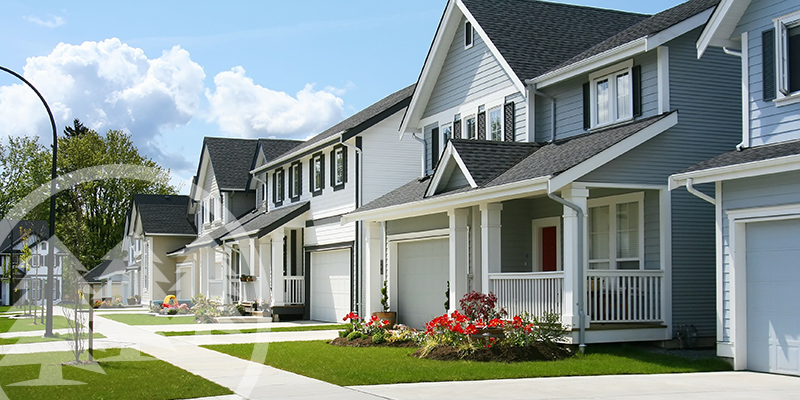Several NC HOA law changes may pass soon if the Committee on HOAs’ proposal pushes through. The committee sought insight from both homeowners and HOA experts, concluding with recommendations for change.
Committee Proposes NC HOA Law Changes
In North Carolina, homeowners associations may face increased scrutiny and regulatory changes following the deliberations of the House Select Committee on Homeowners’ Associations. The committee convened this year to address grievances from voters regarding alleged abuses of power by HOAs in the state. It actively seeks input from both homeowners and HOA representatives.
Anticipated in March, the committee is set to publish a comprehensive list of recommended modifications to HOA-related laws. The intention is to translate these suggestions into legislative action come April.
While finalizing their recommendations, committee members tentatively expressed support for various proposals. During a recent meeting, State Representative Frank Iler, co-chairing the committee with State Representative Ya Liu, emphasized the significance of the session. He views it as a precursor to potential legislative developments.
Rep. Ya Liu, from Wake County, had previously proposed a bill in the preceding year aimed at preventing HOAs from foreclosing on homes over minor unpaid fines. Although the bill passed the House unanimously, it underwent substantial revisions in the state Senate. Ultimately, it did not progress further.
Proposed NC Law to Hinder HOA Foreclosures
The committee’s current focus includes proposals designed to substantially slow down the foreclosure process. One such proposal suggests mandatory mediation between HOAs and homeowners before initiating a civil action.
Another noteworthy proposal seeks to cut back on HOAs’ ability to foreclose on properties belonging to members with outstanding dues or fees. The conditions for foreclosure would include the lien amount being equivalent to or surpassing six months of assessments or $2,500, whichever is lower.
Additionally, the homeowner must have been offered a reasonable opportunity to rectify the default through an installment schedule. And the owner either declined the proposed repayment plan or failed to adhere to it.
NC HOA Law Changes May Tackle Rising Dues and Records Requests
The committee is also addressing concerns about unexpected and substantial increases in HOA dues. Many HOAs grant their boards the authority to raise dues, typically as part of the annual budget.
The committee’s proposal aims to empower homeowners. One way is to require a majority approval from all owners if an HOA intends to pass a budget that raises dues by more than 10%. For increases outside the budget process, a majority approval is similarly mandated for hikes exceeding 5%.
Furthermore, the committee aims to provide clearer guidelines for HOAs responding to record requests. A draft proposal suggests that HOAs wouldn’t be obligated to produce records older than three years. However, they would need to fulfill a valid request from an HOA member within 30 days.
Notably, no HOA representatives spoke during the committee’s recent meeting. The Community Association Institute of North Carolina previously argued that existing laws could adequately address concerns about HOA powers. The institute acts as a lobbying group for HOA board members and management companies. Spokesperson Weldon Jones emphasized the importance of better education for both board members and homeowners in resolving disputes without the need for additional legislation.






